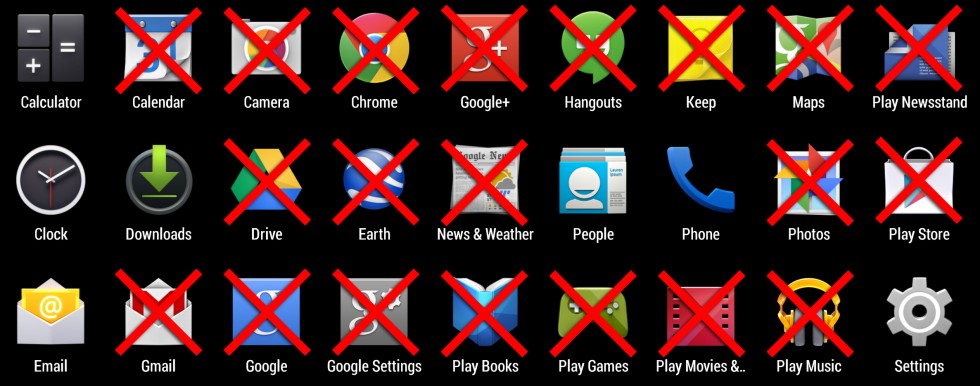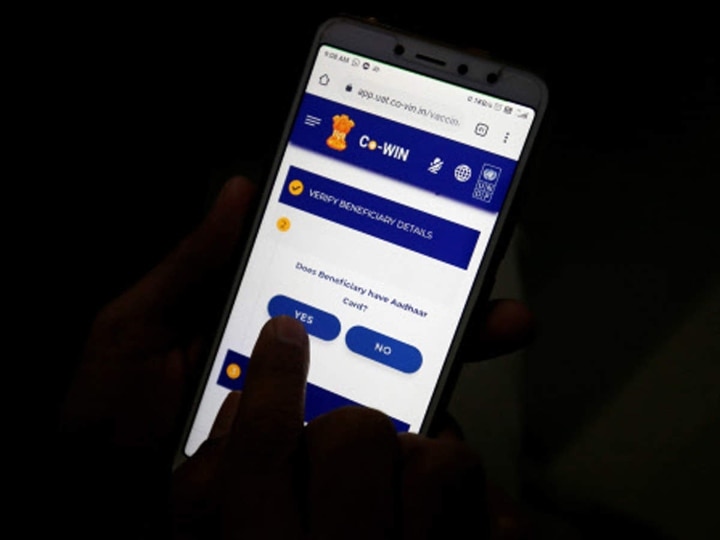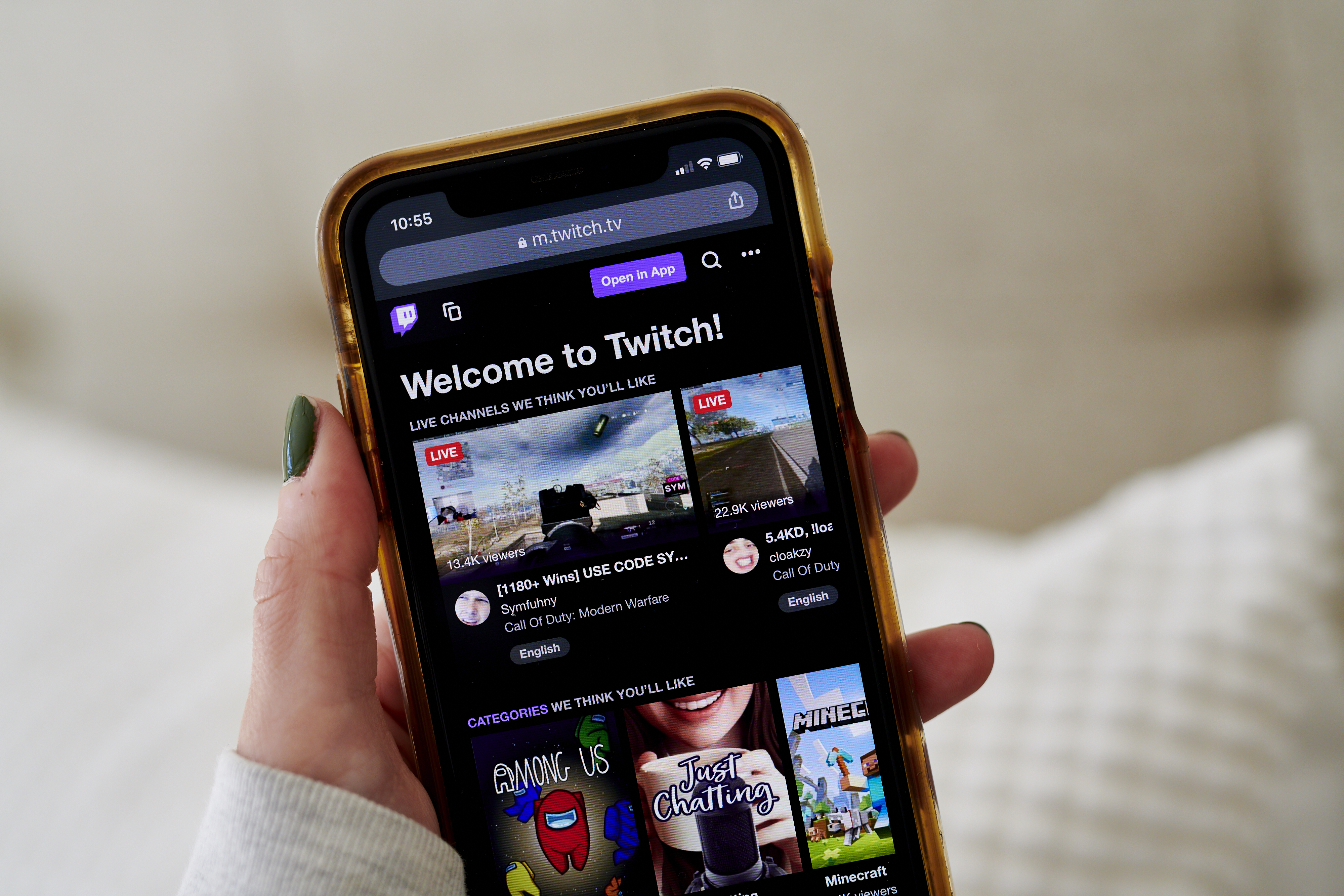
- #Open source software for cell phones install
- #Open source software for cell phones android
- #Open source software for cell phones code
- #Open source software for cell phones password
#Open source software for cell phones password
It’s 2020 and you should be using a password manager to generate, use, and store secure passwords across all your accounts.
#Open source software for cell phones android
FairEmail brings a modern email experience to your Android device. Gone are the days when open-source email clients were ugly and hard-to-use. Finally, I love that it supports the material design language and dark mode. It’s also very small (>12MB) and is very light on resources. It brings all the modern email features including support for unlimited accounts and unlimited email addresses, unified inbox, conversation threading, two-way synchronization, and more. If you are looking for a privacy-friendly open-source email app for your Android device, look no farther than FairEmail. Overall, I quite like this app and always prefer it over the built-in messaging app. One outstanding feature of this app is the ability to create group messages. It also supports normal MMS protocol allowing you to share media files like photos and audio files. The app supports dual and multi-SIM devices so you have no problems there. My favorite feature of this app is the ability to customize the look and feel of the app. It’s a third-party texting client for normal messages.

#Open source software for cell phones install
If you are not using online music streaming services and still listen to your offline music collection, you should try this app.Īnother beautiful and useful open-source Android application that I install instantly on a new Android device is QKSMS.

It allows me to quickly get song lyrics with a tap. One of my favorite features of this app is the real-time lyrics look-up. The app is 100% free to use and even brings modern UI features such as dark mode. It’s also a light-weight app that makes it excellent even for older Android devices. The app’s UI is both functional and useful. SoundSpice is an offline music player app that conforms to modern design language. Let’s start this article with one of my favorites and best-designed open-source Android apps. Here are some of my favorite open source Android apps that you can use in 2020.Īmazing Open Source Android Apps in 2020 1. I love open source Android apps and have been using them since the start. For consumers, open source Android apps bring ad-free experience for free.
#Open source software for cell phones code
If you find any of these interesting and try them out, do let us know about your experiences in the comments section.Moreover, if you’re a developer yourself and want to improve your coding skills, you can use the code from these apps as a reference to develop your own apps or add features to those apps without having to write the code from scratch. You can visit their websites, take a look at the list of supported devices, and follow the instructions to run the Linux-based operating systems on your phone. Later, the Linux-based OS was also found to be crippled with tons of security issues, which further restricted developers from forking for Linux smartphones.Īs I mentioned in the beginning, these Android alternatives are open source but most of them are still in the development phase. The company tried to push Tizen in developing markets like India with its Z series smartphones but ended up getting a poor reception. Primarily developed and used by Samsung, the operating system is chiefly shipped with the company’s smart TVs, smartwatches. Tizen OS is a Linux-based open source Android alternative that’s supported by the Linux Foundation. While there isn’t a long list of devices that were released for this open source Android alternative, it’s interesting to see the non-profit UBports Foundation working hard to keep Ubuntu Touch alive.

UBports keeps releasing OTA updates for Ubuntu Touch from time to time.

Later, UBports adopted it and started developing it as a community project. The company started working on the mobile version of the OS and named it Ubuntu Touch, but the project was ultimately abandoned in April 2017 due to lack of market interest. Canonical’s Ubuntu Linux is the most popular open source operating system around.


 0 kommentar(er)
0 kommentar(er)
